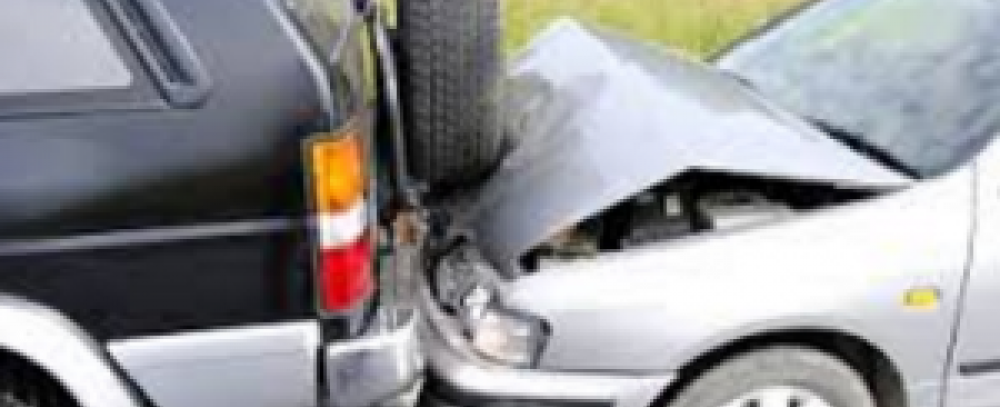
There are several car insurance scams to look out for. Fraudsters know all the tricks for scamming money out of insurance companies. Be wise so you don’t get caught up in one of these scams.
Common tricks include deliberately creating accidents by:
Slamming on the brakes for no reason so that someone smashes into the back of their car.
Signally that you can join the lane they are in and then colliding with you and later denying that they gave you any such signal.
Flashing lights at other cars to indicate they can proceed but then crashing into them.
Trashing their own car and claiming that they were the victim of a hit and run incident. Without CCTV cameras to capture the incidents insurance companies have little to prove that another vehicle wasn’t involved.
Claiming that the car was stolen and leaving it dumped in a lake or river or somewhere remote. Occasionally, the car will be set on fire as well. The owner will file a stolen car report and when the car is found they lodge a claim for the cost of the vehicle.
Arranging for two cars to be involved in the staged crash; so one car causes a problem and the other car reacts by slamming on their brakes so that you don’t have time to react and drive into one of the cars. One of the cars will run off before you can get their number plate so you only have one other driver to deal with and therefore less information and evidence. This is called the ‘squat and swoop’ approach.
Alleging that they have incurred whiplash in a car accident. Whiplash is extremely difficult to prove and even medical professionals cannot provide evidence of whiplash injury. So called victims complain about pain leaving them unable to work so they seek damages for the injury itself and loss of earnings.
Whiplash now accounts for 78% of all personal injury claims in the UK, which is very excessive especially when you compare it to a 3% rate in France. The Association of British Insurers state that every year 570,000 people put in claims for whiplash, some of these claims are genuine but not all. Premiums are then driven up by £2bn, adding £90 to the average driver’s premium.
So how can you protect yourself?
Be wary of anyone who brakes suddenly or drives erratically without any reason for it. Look out for vehicles that might be targeting you by following you. Look ahead and try to anticipate any possible hazards or what seem to be ‘bad drivers’. Keep enough space between you and other cars at all times, especially at junctions and road crossings where collisions are more likely to happen. If a car does flash at you to go in front of them do so cautiously refer and refer to the Highway Code Rule 111. Let other cars make their manoeuvres first so you can check that what they are doing is genuine and they aren’t trying to deliberately create a crash. Don’t allow yourself to be distracted by stereos, car controls or conversations as scammers will target you and you will think you were to blame as you were momentarily distracted.
If a crash does happen get your mobile out and video the scene, including the occupants in each vehicle, the area and the vehicles (exterior and interior), road markings and signs. Be wary of any witnesses who may be bogus and in on the scam. Ask for their contact details and get photos of them too. Take written notes and photograph as much as possible. This will provide evidence in the event of the other party making a fraudulent claim. Insist on calling the police and if anyone claims to be injured then call for an ambulance as well. Don’t voice your suspicions just in case you are wrong and if you are right you don’t want to tip them off or give them the chance to turn aggressive. If you are suspicious of the incident let your insurance company know immediately.
Give your insurance details and do not admit liability or agree to any payments. Contact the Insurance Fraud Bureau’s (IFB) Cheatline on 0800 422 0421 for further help. The IFB was set up in 2006 to help clamp down on insurance fraud claims. Their report issued in 2013 stated that false claims cost insurers £392m a year and that one in seven of all personal injury claims are regarded as being possible cash for crash scams.
These are not victimless crimes as an innocent person could be hurt in one of these collisions and honest motorists end up paying more in premiums because of the costs of fraudulent claims. Some of these crashes are set up by very organised criminal gangs. Scammers particularly target people who they think will cause less of an issue at the scene such as families with young children or elderly drivers. Young drivers are also targeted as insurance companies would be quick to blame them for the accident due to their lack of experience. It is a shame that people are so cynical and willing to put other people’s lives and safety at risk. But with the IFB’s ongoing work and our own efforts by recording and reporting such incidents hopefully we will get these scammers sorted!


